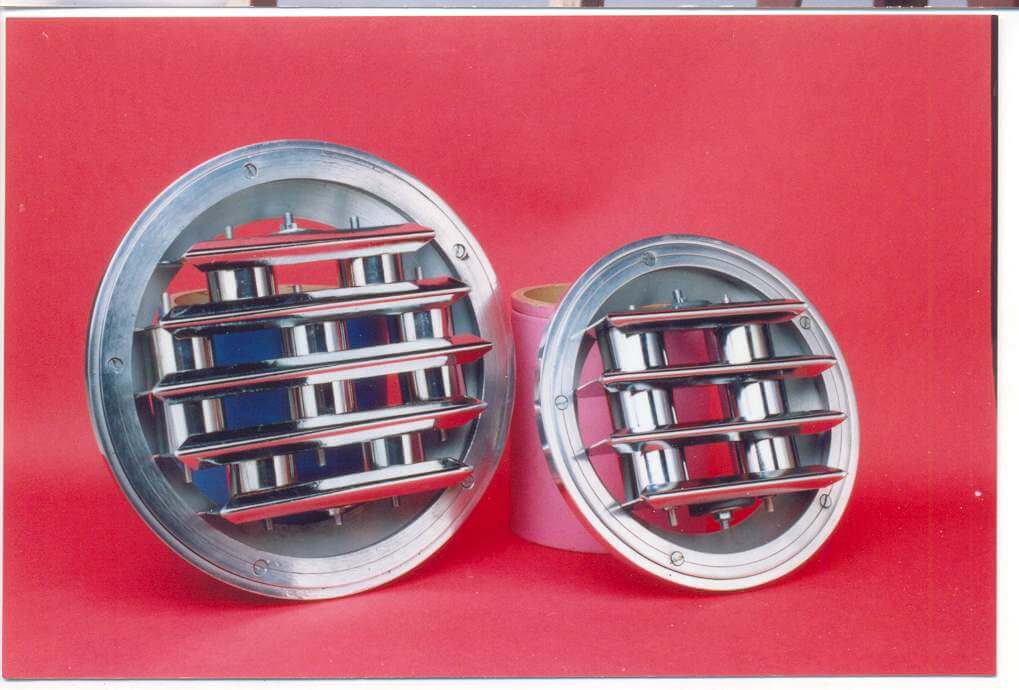In the dynamic world of manufacturing, where efficiency is paramount, technological advancements play a pivotal role in enhancing productivity and streamlining processes. One such innovation that has been making waves in the manufacturing sector is the integration of Artificial Intelligence (AI) into Grate Magnet systems. These intelligent systems are redefining the landscape of material separation, ensuring optimal efficiency and cost-effectiveness.
The Foundation: Understanding Grate Magnet Systems
Before delving into the role of AI, it’s crucial to grasp the fundamentals of Grate Magnet systems. Grate Magnets are magnetic separators employed in various industries to remove ferrous contaminants from raw materials during the production process. These contaminants can jeopardize the quality of the final product and, if left unaddressed, lead to equipment damage and production downtime.
Traditionally, Grate Magnet systems have operated based on fixed parameters, often requiring manual adjustments. However, the emergence of AI has ushered in a new era of adaptability and intelligence, allowing these systems to respond dynamically to the manufacturing environment.
AI-Powered Adaptability
One of the key advantages of integrating AI into Grate Magnet systems is the ability to adapt in real-time. AI algorithms analyze data from sensors and other inputs to continuously optimize the separation process. For instance, if there is a sudden influx of raw materials with varying magnetic properties, the AI can adjust the magnetic field strength or the duration of separation to ensure optimal efficiency without human intervention.
Predictive Maintenance for Minimal Downtime
AI doesn’t just stop at real-time adaptability; it extends its influence into predictive maintenance. By continuously monitoring the performance of Grate Magnet systems, AI algorithms can predict potential issues before they escalate into major problems. This foresight allows manufacturing plants to schedule maintenance during planned downtime, minimizing the risk of unexpected breakdowns and optimizing overall production efficiency.
Enhanced Data Analytics for Process Optimization
The integration of AI also brings with it enhanced data analytics capabilities. By analyzing historical data, AI algorithms can identify patterns and trends that might go unnoticed by traditional monitoring methods. This insight enables manufacturers to fine-tune their processes, optimize resource utilization, and ultimately improve the overall efficiency of the manufacturing line.
Cost-Efficiency and Sustainability
AI-powered Grate Magnet systems contribute to cost-efficiency in multiple ways. Through precise control and optimization, manufacturers can reduce energy consumption, minimize material wastage, and enhance the overall sustainability of their operations. This not only benefits the bottom line but also aligns with the growing global emphasis on eco-friendly manufacturing practices.
The integration of AI into Grate Magnet systems represents a transformative leap in the manufacturing sector. As industries strive for greater efficiency and sustainability, these intelligent systems offer a powerful solution to the challenges posed by ferrous contaminants in raw materials. With real-time adaptability, predictive maintenance capabilities, and advanced data analytics, AI-powered Grate Magnet systems are at the forefront of the manufacturing revolution, setting new standards for productivity, cost-effectiveness, and environmental responsibility.


